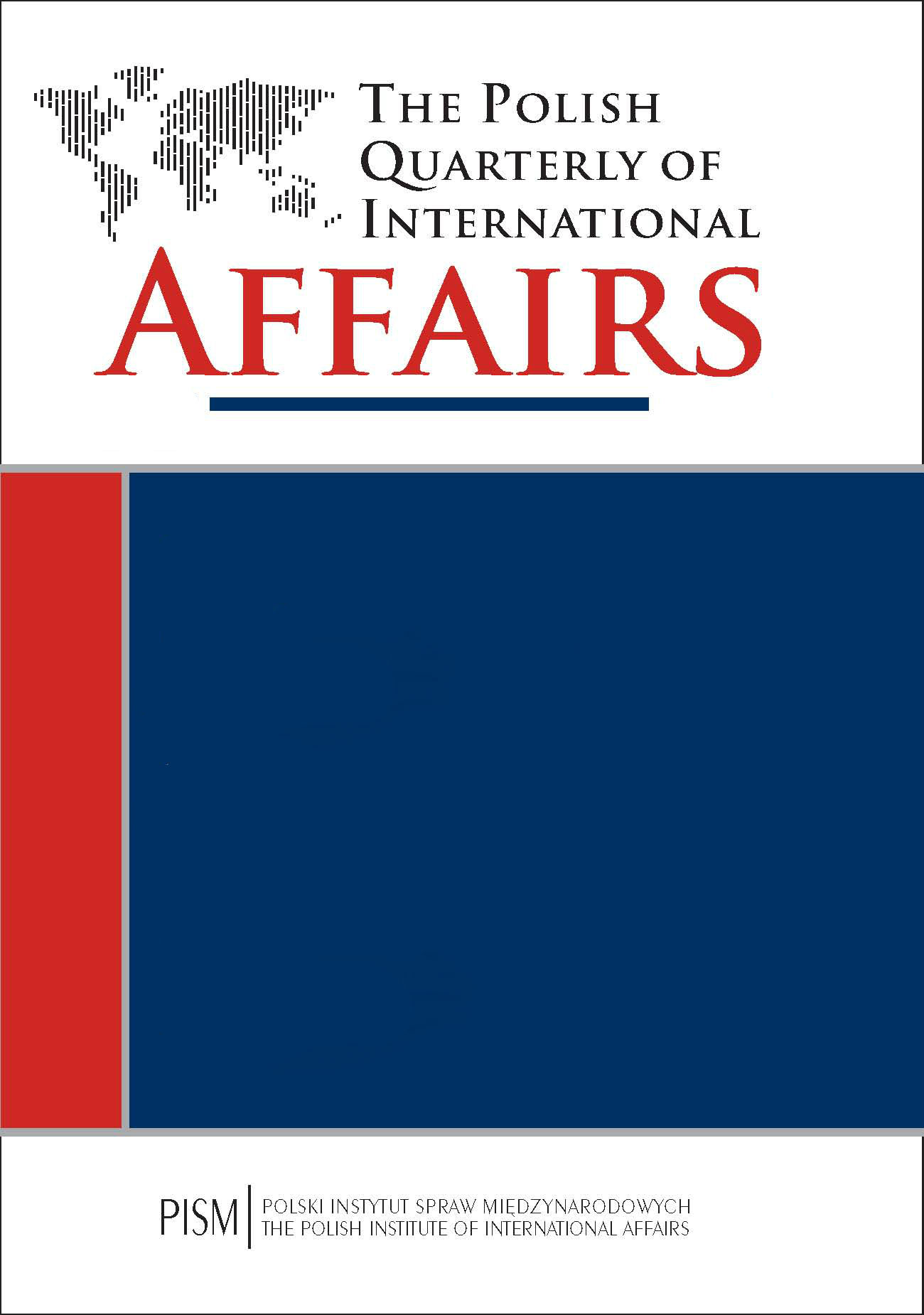The Inevitability of the “Resource Curse” in Sub-Saharan Africa? Relations between NGOs and Governments in Zambia, Botswana and Ghana
The Inevitability of the “Resource Curse” in Sub-Saharan Africa? Relations between NGOs and Governments in Zambia, Botswana and Ghana
Author(s): Andrzej PolusSubject(s): Politics / Political Sciences
Published by: PISM Polski Instytut Spraw Międzynarodowych
Summary/Abstract: This paper is a result of field studies in Botswana, Zambia and Ghana, all mineral economies considered to be potential victims of the “natural resource curse” (or, NRC here). According to the core assessment of the NRC hypothesis, mineral revenues in Sub-Saharan Africa do not necessarily improve the economy; instead they may lead to increased poverty and often to the establishment/ empowerment of authoritarian and neo-patrimonial regimes. Even though a strong civil society is perceived as a potential counterbalance to government actions, in the case of Zambia, Botswana and Ghana three distinguished patterns of interaction between governments and civil society organisations (CSOs) have been created, and a vibrant and vocal civil society does not necessarily imply that NRC is avoided. The principal aim of this paper is to examine, comparatively and critically, the involvement of local and international CSOs in the governance process of resource-based economies. The paper develops a two-fold argument. First, that NRC could be more usefully perceived as a treatable “disease,” and second, that the strength of civil society and its involvement in politics does not prevent NRC.
Journal: The Polish Quarterly of International Affairs
- Issue Year: 22/2013
- Issue No: 4
- Page Range: 77-94
- Page Count: 18
- Language: English

